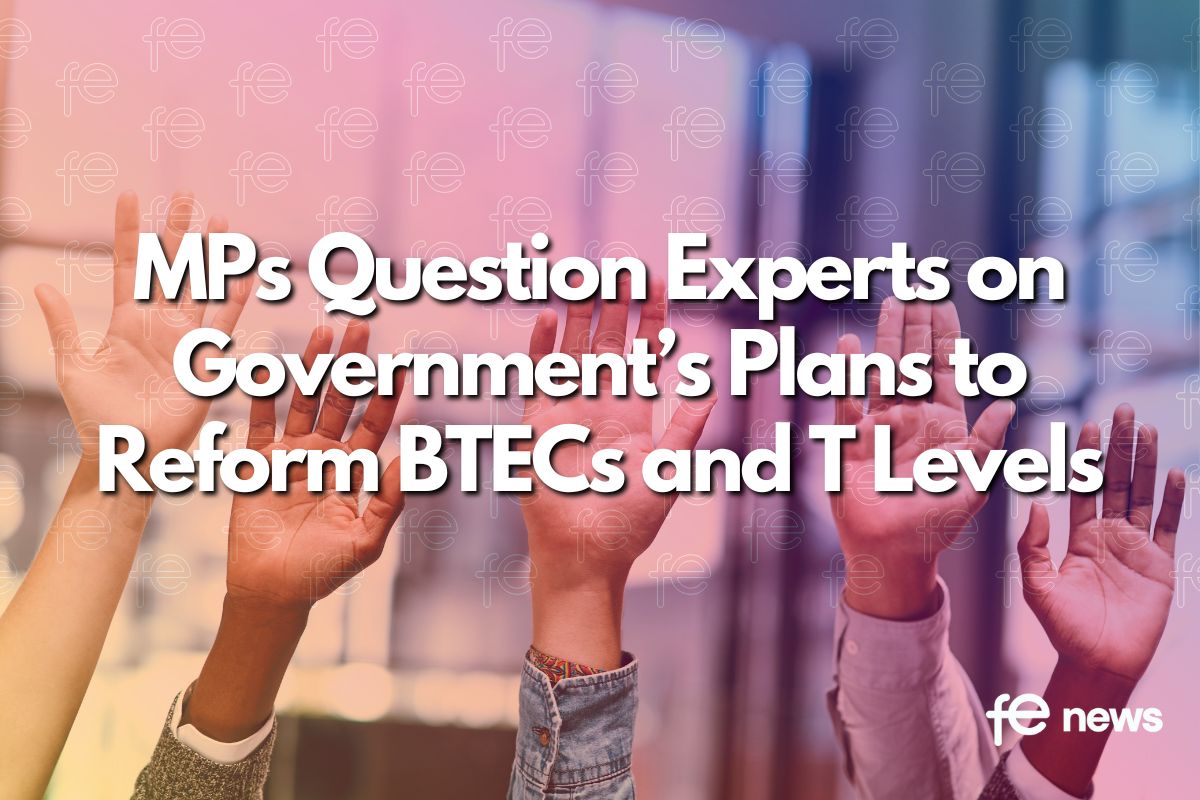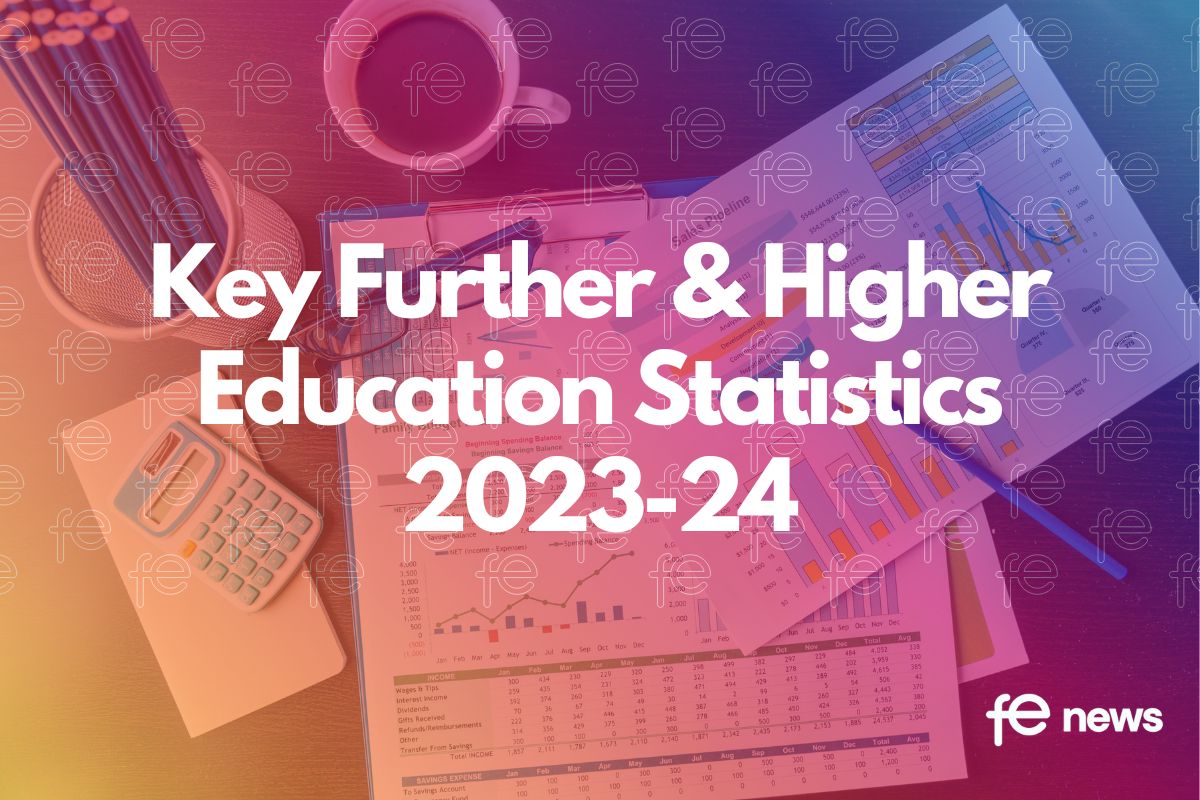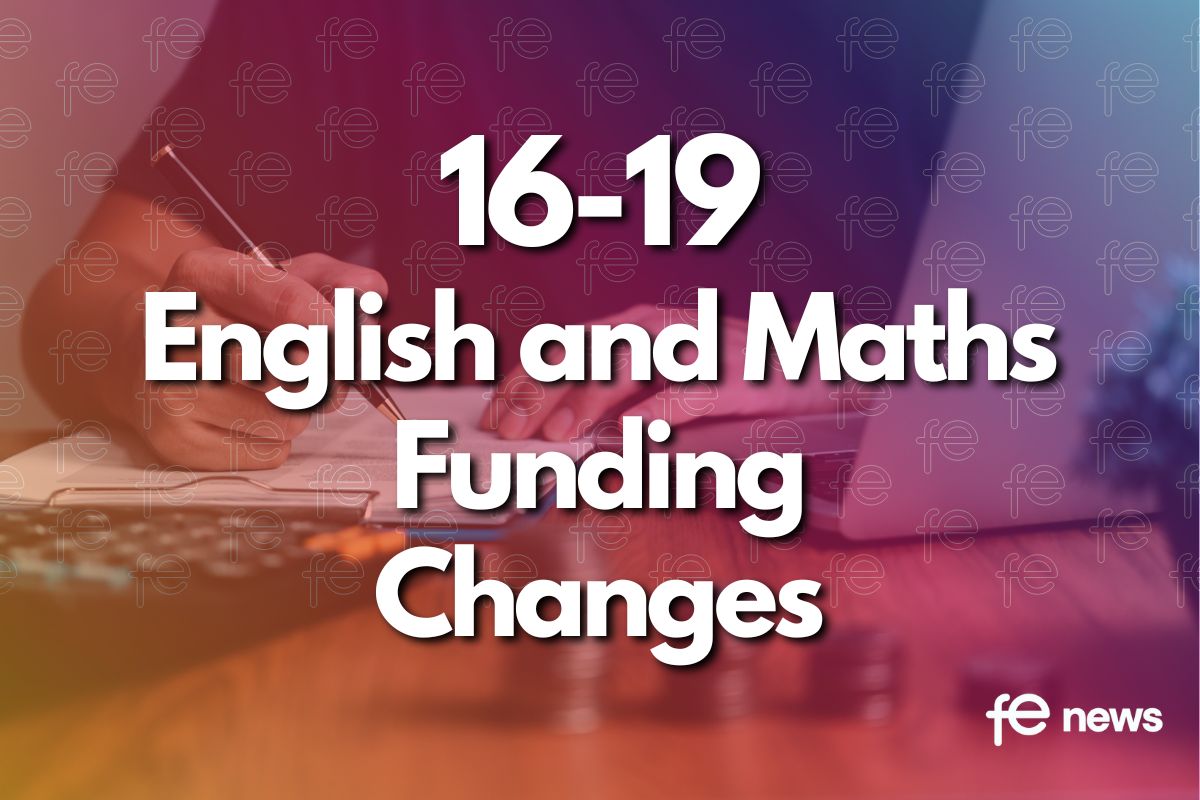Gillian Keegan writes letter to the School Teachers’ Review Body

Secretary of State for Education Gillian Keegan’s letter to Dr Mike Aldred, Chair of the School Teachers’ Review Body (STRB) asking for recommendations on teachers’ pay and conditions for 2023.
Dr Mike Aldred
Chair, The School Teachers’ Review Body
I am delighted to be writing to you today, in my new role as Secretary of State for Education, to thank you for the important work of the School Teachers’ Review Body (STRB) over the last year, and for your contributions in your first year as Chair. I recognise the valuable role of the STRB in the pay round process and the expert advice that it provides, and I look forward to engaging with this process over the year ahead.
Your 2022/23 recommendations delivered a significant 8.9% uplift to starting salaries, supporting the Government’s commitment to make teaching more competitive in the graduate labour market, with starting salaries now at £28,000. I would also like to acknowledge your recommendations for the 2023/24 pay award and to thank you for the work undertaken by the STRB to reach those conclusions. This letter now asks for your recommendations and views on the pay and conditions of teachers and leaders for 2023/24.
Pay awards must strike a careful balance, recognising the vital importance of teachers and other public sector workers, whilst delivering value for the taxpayer, considering private sector pay levels, not increasing the country’s debt further, and being careful not to drive prices even higher in the future. In the current economic context, it is particularly important that you have regard to the Government’s inflation target when forming recommendations.
I know that schools are facing higher and sometimes unpredictable costs, and that these costs affect individual schools differently. I write to ask the STRB to carefully evaluate the Department’s evidence on what it considers a fair pay award for teachers, while recognising the impact pay rises will have on schools’ overall budgets.
Matters for recommendation
I refer to the STRB the following matters for recommendation:
- An assessment of the adjustments that should be made to the salary and allowance ranges for classroom teachers, unqualified teachers, and school leaders in 2023/24. This should aim to promote recruitment and retention whilst taking into account the Government’s commitment to uplift starting salaries to £30,000 and the cost pressures facing both the school system as a whole and individual schools.
Matters for your views
In your last report, you indicated that you would welcome the opportunity to assist in developing recommendations on broader structural issues. The Department and STRB have a shared aim to provide a coherent and fulfilling career path for teachers and leaders. I invite the STRB to offer an initial view on areas within the STRB’s scope which would most benefit from future exploration to support this aim. This should be considered in the context of the Government’s ambitious professional development reforms in Initial Teacher Training, the Early Career Framework and National Professional Qualifications.
Should my Department then decide to progress this work further, it would consider engaging the STRB through the remit process for future years.
Considerations to which the STRB should have regard
In considering your recommendations on pay and views on wider structural matters you should have regard to the following:
- a) Potential equalities impacts associated with any changes proposed to the STPCD.
- b) The cost pressures that schools are already facing and may face over the year (and how they affect individual schools).
- c) Theneedtoensurethatanyproposalsarenottoodifficultoronerousfor schools to implement.
- d) Evidence of the national state of teacher and school leader supply, including rates of recruitment and retention, vacancy rates and the quality of candidates entering the profession.
- e) Evidence of the wider state of the labour market in England.
- f) Forecast changes in the pupil population and consequent changes in the level of demand for teachers.
- g) The Government’s commitment to increasing autonomy for all head teachers and governing bodies to develop pay arrangements that are suited to the individual circumstances of their schools and to determine teachers’ pay within the statutory minima and maxima.
I should be grateful if the STRB could aim to provide a report on this matter in May. Finally, I would like to thank you again for the STRBs invaluable contribution to teacher pay policy. I look forward to receiving your view and recommendations. With my very best wishes,
The Rt Hon Gillian Keegan MP Secretary of State for Education
Sector Response
Geoff Barton, General Secretary of the Association of School and College Leaders, said:
“The Education Secretary advises the pay review body to recognise the impact pay rises will have on school budgets in its recommendation for next year’s pay award. This strongly suggests that the government has no intention of providing any additional funding to enable schools to pay the award to their staff – just as it has failed to provide this vital funding for this year’s pay award.
“When will the government understand that we cannot go on like this? Schools simply cannot afford the cost of unfunded pay awards and they will be driven further into the red unless the government provides the necessary funding. To be clear, teachers fully deserve and need a significant pay increase following years of real-terms pay erosion, but it is absolute madness to expect schools to meet these costs out of diminishing budgets and this will inevitably lead to more cuts in educational provision.”
Kevin Courtney, Joint General Secretary of the National Education Union, said:
“As RPI inflation climbs above 14% and teachers struggle to cope with the cost-of-living crisis, the Government’s remit to the School Teachers’ Review Body confirms its plans to continue cutting teacher pay in real terms.
“Teachers had already seen the real value of their pay cut by a fifth since 2010, even before this year’s inflation spike. This year’s increase of 5% for most teachers represented another big real-terms cut to teacher pay. Teachers need a fully funded, above inflation pay increase to restore the pay lost in real terms, but the Government has shown that it has no intention of repairing the damage to teacher pay.
“Instead of focusing on the impact of inflation on teachers, the Government’s remit letter focuses on its own inflation target which is currently just 2%. With RPI inflation predicted to be almost 7% in late 2023 according to the Treasury’s own average of forecasts, a pay increase of 2% would be another devastating cut to teacher pay. This would intensify teacher recruitment and retention problems that are already critical, when the Government should be valuing teachers and recognising their crucial contribution to economic recovery.
“Instead of funding the pay increases teachers need, the Government is cynically using its own inadequate funding levels to justify more attacks on teacher pay. Once again, the Government is restricting the STRB’s remit to prevent the objective, evidence-based review of teacher pay we need – a review that must not be constrained by the Government’s inadequate funding envelope.
“Years of austerity and pay cuts have hit teachers and the education service hard, but all this Government has to offer is more of the same. It has no evidence to support its political choice to attack teacher pay. The NEU campaign for the funding that schools need, and the pay teachers deserve, based on the evidence and the real lived experiences of teachers, will continue.”











Responses